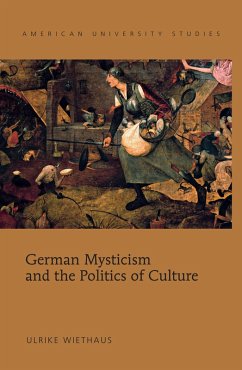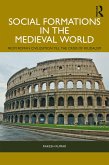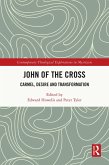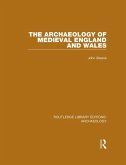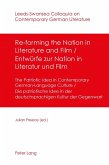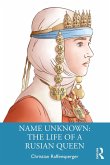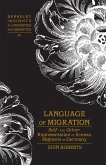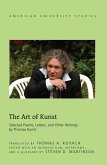Probing deeply into texts by and about prominent Christian mystics, religious authors, and saints, German Mysticism and the Politics of Culture challenges the reader to rethink the medieval past as a contemporary presence. This «presence of the past» shapes memory of place, valorizes the trope of ecstatic sexual union as death, and continues the religious marginalization of female voice and authority. The chapters focus on the works and lives of Hadewijch, Marie d'Oignies, Dionysius of Ryckel, Heinrich Seuse, Margarete Ebner, St. Elisabeth, Hrotsvit of Gandersheim, and the stigmatic Therese Neumann. Part One of the volume examines the dynamics of cultural memory and forgetting as they relate to issues of sexuality, female authority, and national politics; Part Two explores themes of love and death, erasure and displacement. Medieval Christian mysticism, the author argues, cannot be narrated as a story of great cultural accomplishment but, rather, as a fundamentally agonistic scenario shaped by actors whose impact still affects us today.
Dieser Download kann aus rechtlichen Gründen nur mit Rechnungsadresse in A, B, BG, CY, CZ, D, DK, EW, E, FIN, F, GR, HR, H, IRL, I, LT, L, LR, M, NL, PL, P, R, S, SLO, SK ausgeliefert werden.
«This deeply perceptive, original and wide-ranging book builds remarkable bridges between medieval German mysticism and its modern reception and reinterpretation. In each essay, Ulrike Wiethaus draws nimbly on historical evidence, cultural politics, and gender theory to offer sophisticated new arguments about medieval mystics and their writings. She then moves surely and persuasively to show how modern interpreters refashioned these individuals and their texts to serve an array of religious, political, and cultural agenda. Most startling are the links she exposes between the German-ness of some mystics [and] how it was variously redeployed to resist or collude with the Nazi project.» (Catherine M. Mooney, Associate Professor of Church History, Boston College, School of Theology and Ministry; Author (with Caroline Walker Bynum) of 'Gendered Voices: Medieval Saints and Their Interpreters' (1999))
«This is a remarkable book, by an unusual, innovative and radical thinker who is also an eminent medieval theological scholar. Ulrike Wiethaus' work brings the tools of contemporary cultural critique and of traditional theological scholarship to bear on a wide range of medieval mystical discourse. While she examines the complicated intersections of formations of cultural memory, of 'German-ness,' of gender, and of academic and church hierarchy, she also creates a dialogue between the mystical and the psychoanalytic, between theological and lived experience. In doing so, she repositions and reclaims medieval mystical discourse for a modern audience. This is the best kind of 'medievalism,' deeply reflective, scholarly, unflinchingly honest, full of surprising and relevant insights into both worlds.» (Gillian R. Overing, Professor of English and Co-director of Medieval Studies, Wake Forest University; Author (with Clare A. Lees) of 'Double Agents: Women and Clerical Culture in Anglo-Saxon England' (2001))
«This is a remarkable book, by an unusual, innovative and radical thinker who is also an eminent medieval theological scholar. Ulrike Wiethaus' work brings the tools of contemporary cultural critique and of traditional theological scholarship to bear on a wide range of medieval mystical discourse. While she examines the complicated intersections of formations of cultural memory, of 'German-ness,' of gender, and of academic and church hierarchy, she also creates a dialogue between the mystical and the psychoanalytic, between theological and lived experience. In doing so, she repositions and reclaims medieval mystical discourse for a modern audience. This is the best kind of 'medievalism,' deeply reflective, scholarly, unflinchingly honest, full of surprising and relevant insights into both worlds.» (Gillian R. Overing, Professor of English and Co-director of Medieval Studies, Wake Forest University; Author (with Clare A. Lees) of 'Double Agents: Women and Clerical Culture in Anglo-Saxon England' (2001))

